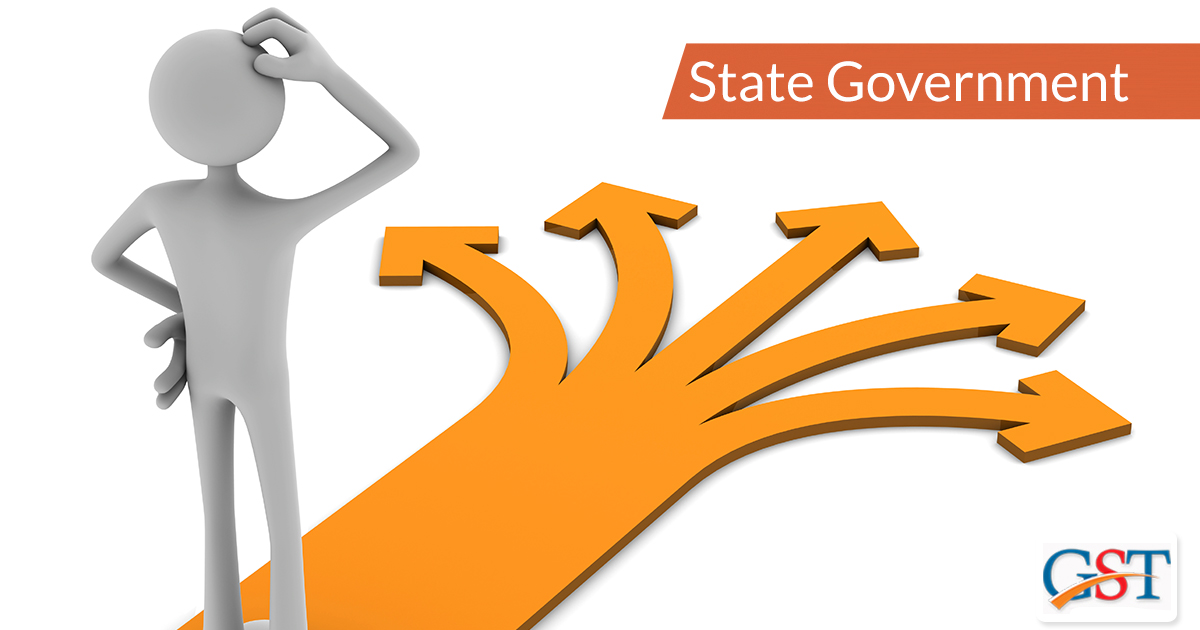GST has been played with various rules governed by the state government and can negate the benefits of it. Recently the Automobile industry reduced the prices of two-wheeler and four- wheeler after the implementation of the Goods and Services Tax (GST) Regiment on 1st July, but the Government of Maharashtra enhanced one-time registration as state levies by 2 percent on the purchase of new private vehicles. In Tamil Nadu, distributors and owners of cinema theatres were on strike for four days for protesting 30 percent state or local tax levied as above 28 percent GST.
Such type of levies and actions taken by the state government could affect the GST and its role in improvement specifically on the same goods or services that attract GST. New GST Regime has replaced 17 Central and State levies and 23 cesses but there are several items have been kept outside the purview.
Read Also: How GST Calculator Works for Intrastate & Interstate Transaction in India
Taxes and levies imposed by the local bodies such as entertainment tax, stamp duties, entry taxes and electricity and fuel cesses are still not clarified under the Goods and Services Tax Regime. Pratik Jain, leader of indirect tax at PwC said, “While few levies and taxes by local bodies, entertainment tax, stamp duties etc. are outside GST, we expected that states would not immediately resort to increasing these,” He further added that,” “It will impact consumer confidence at the time GST is just settling in.”
Levies such as registration charges and road tax could enhance the prices, entry taxes levied by municipal bodies will affect negatively. For example, entry tax on commercial vehicles imposes by the Municipal Corporation of Delhi. The Maharashtra government increased the levy on the new vehicles, Now the prices of new vehicles in the Maharashtra state could cost more than the pre- GST.
As per the government, an official statement said, “States should let the benefits of GST reach consumers. They are equal if not greater partners in reform.” adding that the Centre has already walked the extra mile to accommodate their concerns. States can be enticed to increase electricity cess, impose high- value added tax (VAT) on fuel and sin goods or increase stamp duties.
Recommended: 5 Misconceptions About GST Which Everyone Needs to Understand
Entry tax on the commercial vehicles could impose by more than one municipal bodies, state boundaries may be blurred along with high- tax. According to the Senior Government official said that “Ideally, we could have put everything in one basket, but India being a diverse country, it is something which was not possible”. The official further added that “Those taxes are out of GST. States have got full powers to levy something on that or alter the rates of those taxes. If they are using that power and they think people can tolerate this extra taxation, then we cannot prevent that.”
EY partner Bipin Sapra said: “Local levies in most international VAT jurisdictions are rarely in the same transaction on which VAT/GST is applicable. The very purpose of GST is lost if another non-creditable tax is levied on the same base.”
